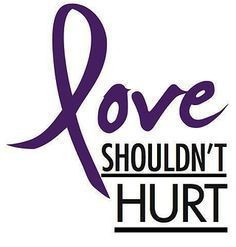Beyond Words; Write More

If there's one thing that has remained a constant beacon in my life, it's the echo of ink on paper—the art of writing. As the years have flowed, it has become more apparent to me that writing is not just a craft for authors or poets. It's a universal sanctuary, one that whispers to the young, hums with the adults, and sings loudly with the elderly. In my interactions and in my public speaking talks, theres always one question that finds its way back to me. And oh boy if I had a penny for every time I've been asked about the magic trick behind good articulation, I'd probably own a small island by now. My answer, invariably, has been: "Write." Writing, you see, is not just the piecing together of words. It's a dance of thoughts, a bridge between our deepest emotions and the world outside. When we scribble our dreams, rant about our day, or just make up wild stories about a dove who's secretly a spy (don't steal that, I might write





